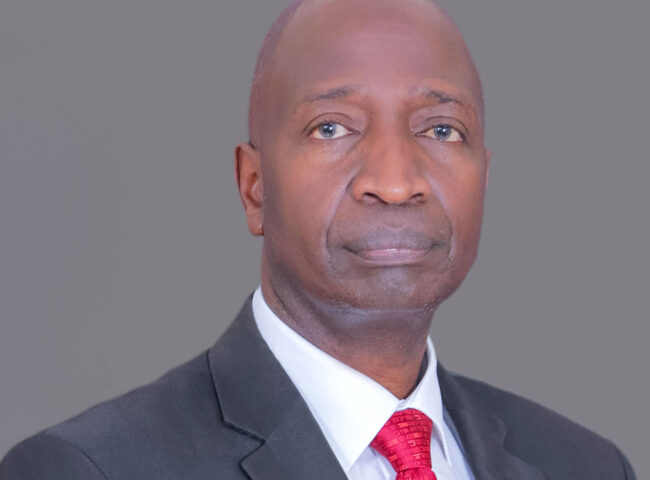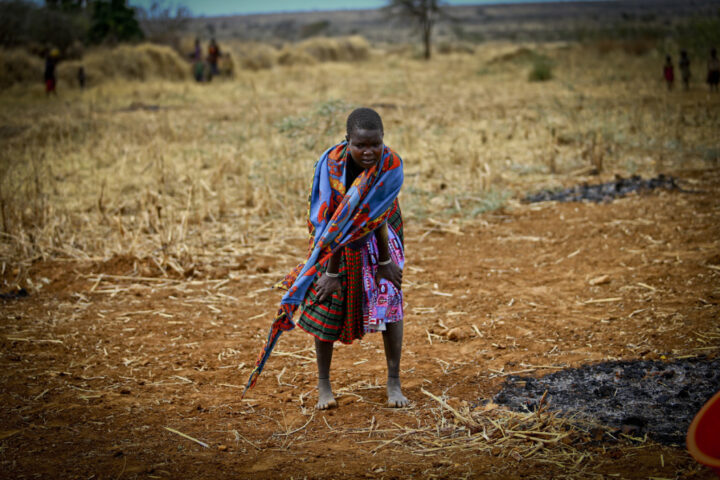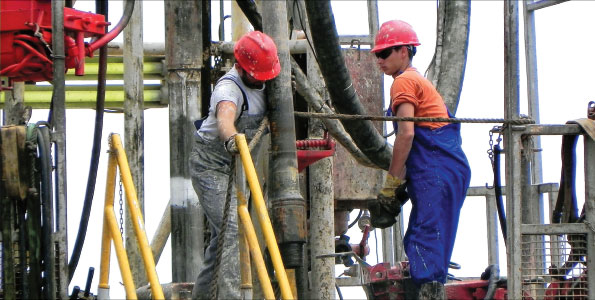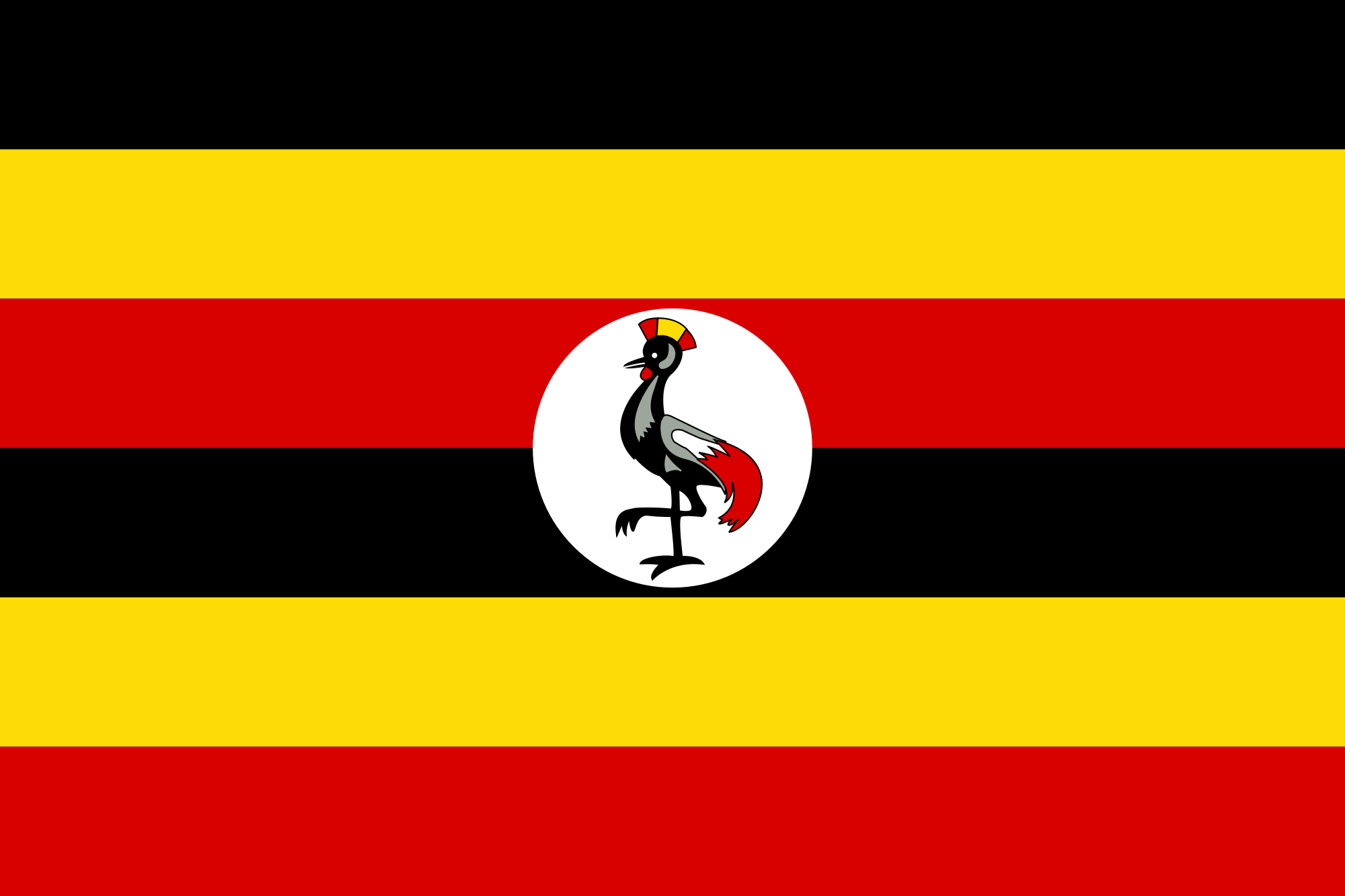Uganda is facing sanctions. At least that is what the aid cuts and international condemnations that have accompanied it actually mean. The aid cuts are now substantial. Initially they were a trickle- with the Irish, Danes and Norwegians withdrawing aid. But that has now turned into a flood. Britain, which has also slashed aid to Rwanda, co-accused with Uganda of meddling in the conflict in neighboring DRC, has also joined. Both Uganda and Rwanda have alternately been the so-called “aid success stories” in Africa- Rwanda more recently. While the aid sanctions appear to be separate – one on domestic if runaway graft in Uganda and the other on a regional security matter its best to read them together. Aside from donor aid supporting the story of western promoted reforms, this money is also a down payment and in some cases a transactional arrangement for specific types of security cooperation in such places as Sudan, DRC, Somalia or the so-called war on terror. If the present aid flight is not simply a flash in the pan but an orchestrated policy reversal (the World Bank has indicated its reviewing its own assistance) by the regions western allies of two of its most consistent partners- well what does it mean? The jury will be out on this for a while as events unfold. Conventional wisdom is that countries like Uganda have considerable “reciprocal” leverage because of their status as allies on security. There are however questions that can be raised in the short-term.
- What do the sanctions mean for budget programs? I asked the Prime Minister of Uganda Amama Mbabazi the same question and he said the Ugandan government would have to re-align budget priorities in case donors to not return. While donors may fund 25% of the Uganda budget and some of this money is in long-term programs (I was told infrastructure programs in power & roads are already suffering from the reduction in European aid) the immediate running of government programs is showing serious strains. Uganda Revenue Authority collections this quarter are below target and across the government salaries for civil servants have been delayed or remain unpaid. What would be the effect of serious cash flow programs?
- What does this mean for government revenue options? I asked if the oil sector on which government has pinned its hopes would be unlocked so that investment flowing there will counter cash flows shortages and investor confidence itself. The answer offered was that the process of commercializing oil would continue at a “Ugandan” pace. Well this pace has largely been attributed to delays, red tape and the slow legislative process of passing the oil laws. However a lot lies underneath the surface. The oil sector is a microcosm of Uganda’s pragmatic “foreign policy” with the recent farm down by Tullow- a sign of balancing not just foreign investment but foreign influences. In the farm down Uganda dictated a mix of western and Chinese companies. With the current squeeze and heat from the West there has been a lot of traffic by low level and higher level government officials to the East particularly China, Malaysia etc. I wrote about the debate over the refinery- a major policy disagreement here ( see previous post) but it may be that rather than go with the European suggestion that Uganda mortgage future revenues from oil for large infrastructure projects (with European partners of course)- it may prefer limited opening to Chinese and other firms in order to restore the fiscal balance. Or print money as the rumors are suggesting.
- How long will the “aid sanctions” last? Or how they are reversed should be revealing of the re-negotiated status of relations for both Uganda and Rwanda. Uganda itself is presently undergoing a foreign policy review. It should be interesting how its informed by the fluid situation the country is facing. This week I heard that Kampala has put forward the name of Hon. Sam Kutesa for the rotating Presidency of the UN General Assembly. Hon Kutesa, a lawyer and reputedly one of Uganda’s wealthiest men is also a kingmaker of sorts (in public he is more humble about this). He ( center in the picture above after being cleared on graft allegations recently) was also one of the Ministers accused of oil bribery allegations, corruption over the Commonwealth Summit in 2007 etc besides being Uganda’s foreign minister. Perhaps a sign that Uganda is unbothered by the corruption allegations, aid cuts and even the troubles in Congo are symbolized by his nomination? If its business as usual there may be a drawn out stand off. Lets wait and see.
Over all both Uganda and Rwanda sing the mantra of trade and not aid so aid cuts ironically may not be such a bad thing. But even for donors governance problems aside (and the scramble for influence in Eastern Congo aside) sustained aid cuts as sanctions have long been problematic for the usual reasons. It is not always clear they work and they also hurt ordinary people by raging humanitarian programs. Over to you.










